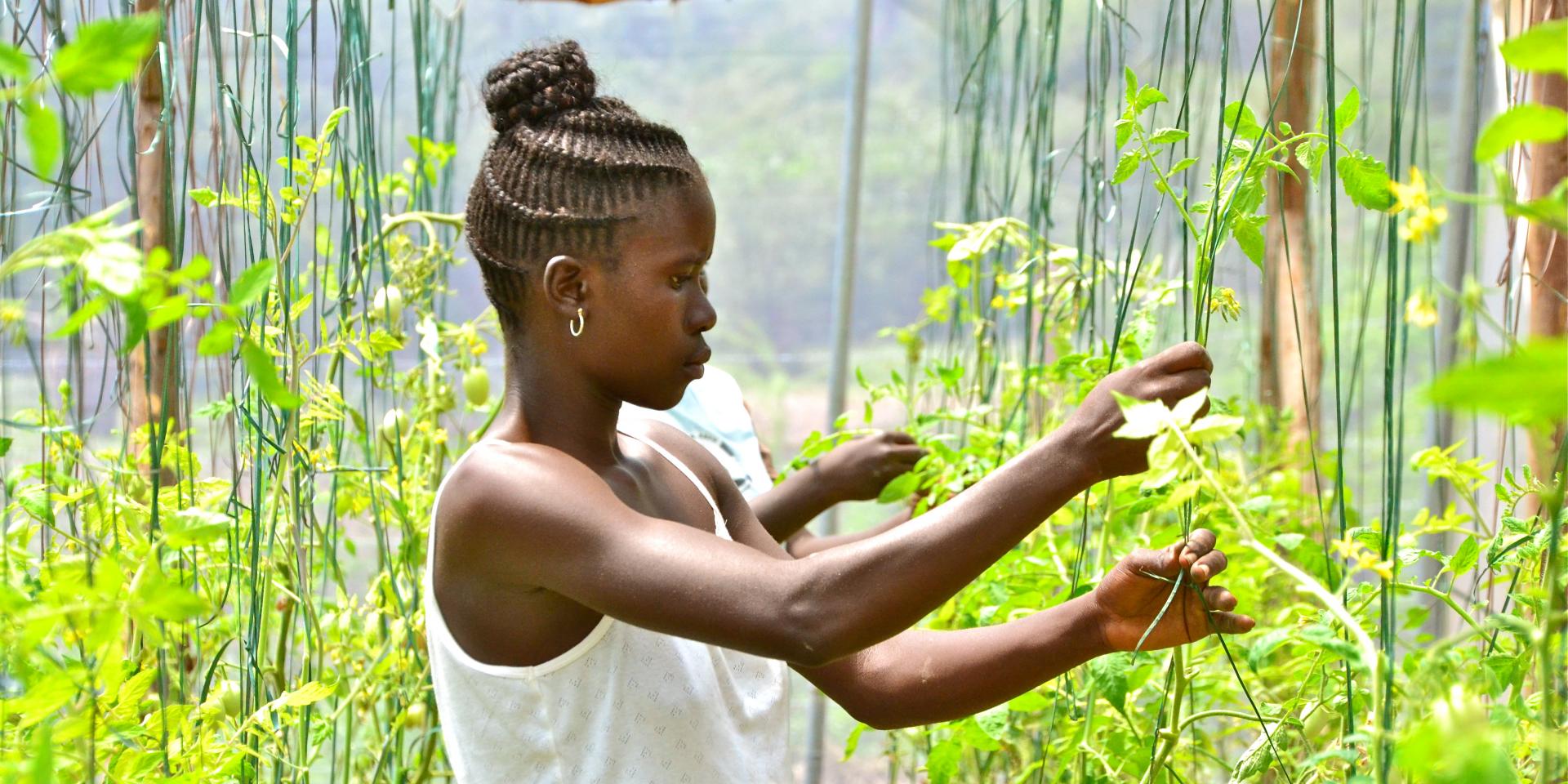
Principal Investigator: Dr. Peter Binyaruka
Project leader/ Coordinator: Dr. Peter Binyaruka
Project Administrator: TBC
Funding Partner: Smartcard Foundation
Start date: Oct. 1, 2024
End date: Oct. 31, 2027

CAMFED's livelihoods programme for young women in Tanzania and Zimbabwe
In collaboration with other partners, Ifakara Health Institute is playing a key role in conducting the economic evaluation of CAMFED's new Livelihoods Programme, which aims to support young women in Tanzania and Zimbabwe as they transition to secure livelihoods. Working alongside local and international partners like the London School of Hygiene & Tropical Medicine (LSHTM), EDI Global and THRU Zim, Ifakara will lead the cost-benefit analysis of the programme, focusing on its effects on the economic independence, health, and well-being of marginalized young women.
The CAMFED’s Livelihood programme is funded by the Smartcard Foundation and will run from August 2024 to July 2027. It is designed to empower young women from poor, rural communities through business training, career advice, and health information, helping them build sustainable livelihoods.
Project Overview
CAMFED, an international NGO operating in Ghana, Malawi, Tanzania, Zambia, and Zimbabwe, is known for its work in supporting marginalized girls from disadvantaged backgrounds. Through education and post-school programmes, CAMFED helps these girls transition into positions of financial independence, enabling them to become community leaders and economic drivers. The Livelihoods Programme in Tanzania and Zimbabwe includes two core components:
- Transition Programme: Provides young women with career advice, sexual and reproductive health information, and guidance on starting small businesses after secondary school.
- Business Guide Programme: Offers ongoing support as these women set up and grow their businesses.
Research ObjectivesResearch Objectives
Over the next three years, Ifakara and its partners will work to answer two central research questions:
- Impact Evaluation: How does CAMFED’s programme help young women improve their livelihoods, income, leadership roles, health, and well-being? This will be studied by EDI-Global, THRU Zim, and LSHTM.
- Cost-Benefit Analysis (CBA): What is the economic value of CAMFED’s programme in improving the lives of these young women? Ifakara will lead the economic evaluation in collaboration with LSHTM and THRU Zim.
Ifakara’s Role and ResponsibilitiesIn its collaboration with LSHTM and THRU ZIM, Ifakara will play a pivotal role in the following areas:
- Developing costing data collection tools
- Training data collectors
- Overseeing the costing data collection in both Tanzania and Zimbabwe
- Data management and analysis
- Developing comprehensive reports and journal articles
- Disseminating results through presentations and conferences.
Dr. Peter Binyaruka, Senior Health Economist at Ifakara, will lead the economic evaluation, supported by Junior Health Economists, Francis Ngadaya in Tanzania, and another one in Zimbabwe, helping build local and international expertise.
This project will also bring together a diverse range of experts from various local and international institutions including LSHTM, CAMFED International, CAMFED Tanzania, CAMFED Zimbabwe, EDI Global – Tanzania, Ifakara Health Institute and THRU Zim.
Through this collaboration, Ifakara and its partners aim to generate valuable insights into the economic and social impact of CAMFED’s efforts, contributing to the body of evidence supporting programmes that empower young women in Tanzania, Zimbabwe, and beyond.
>>Photo credit: Courtesy of CCAFS
